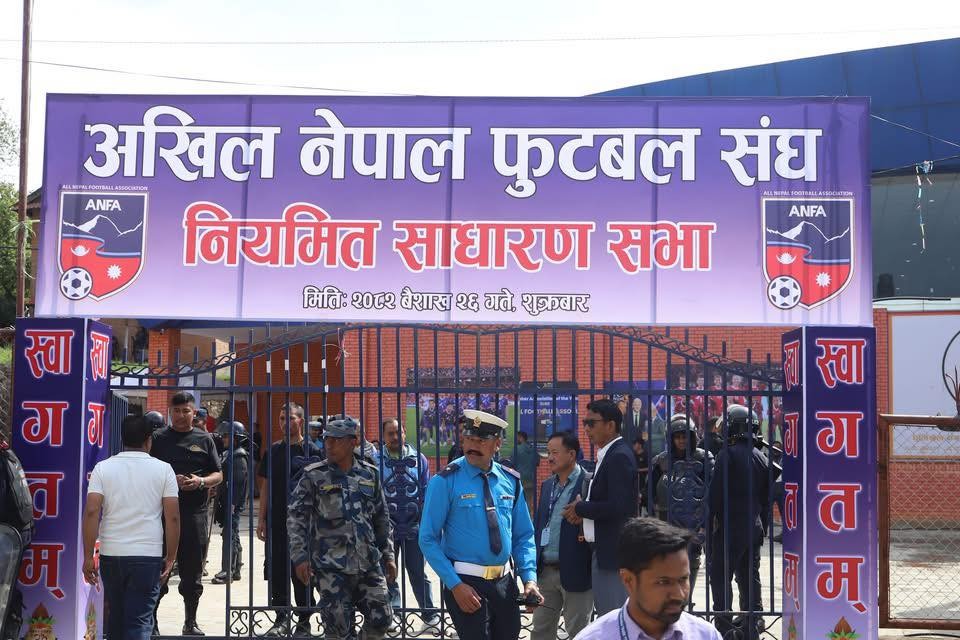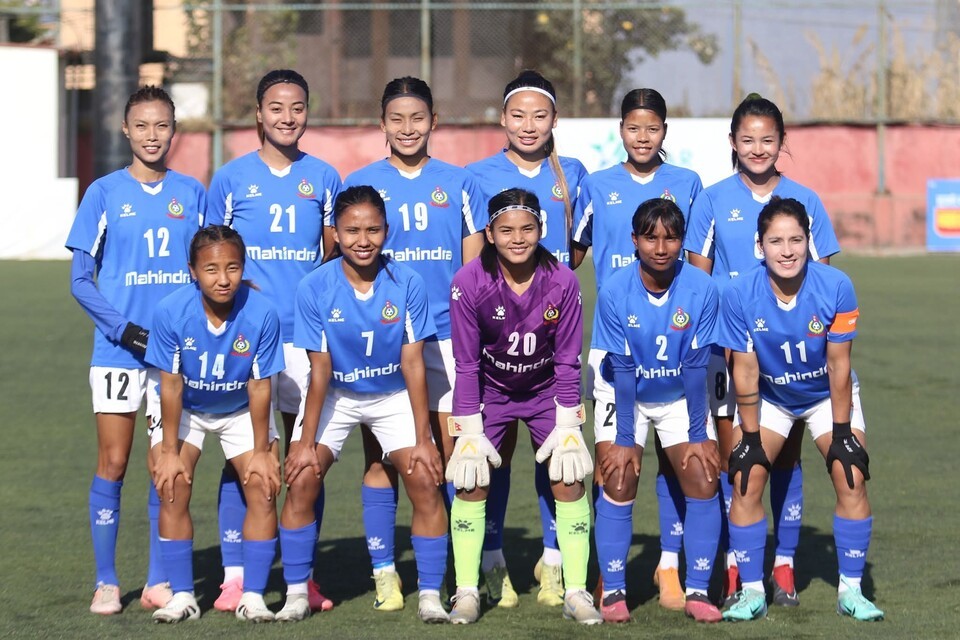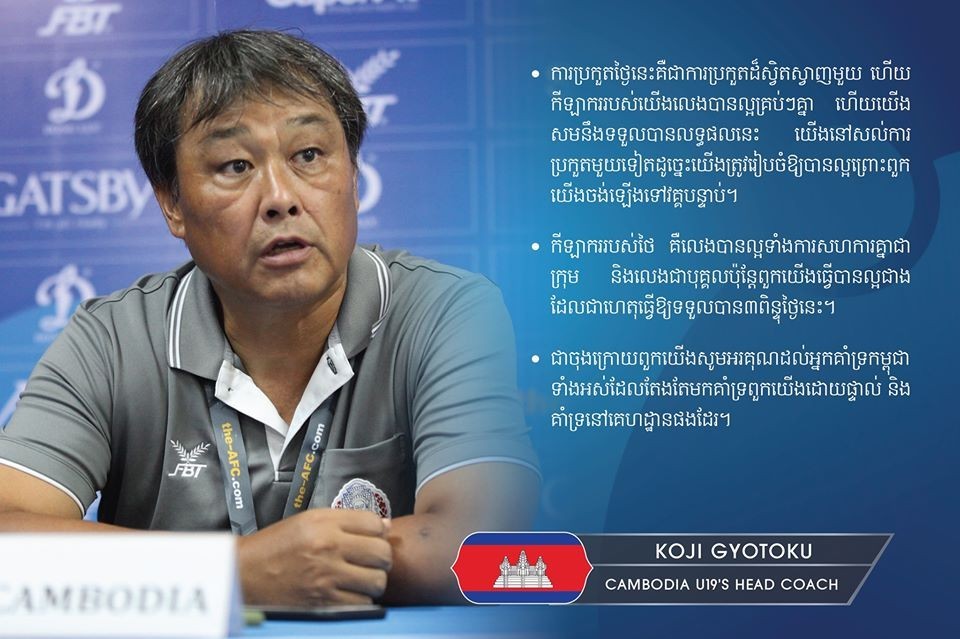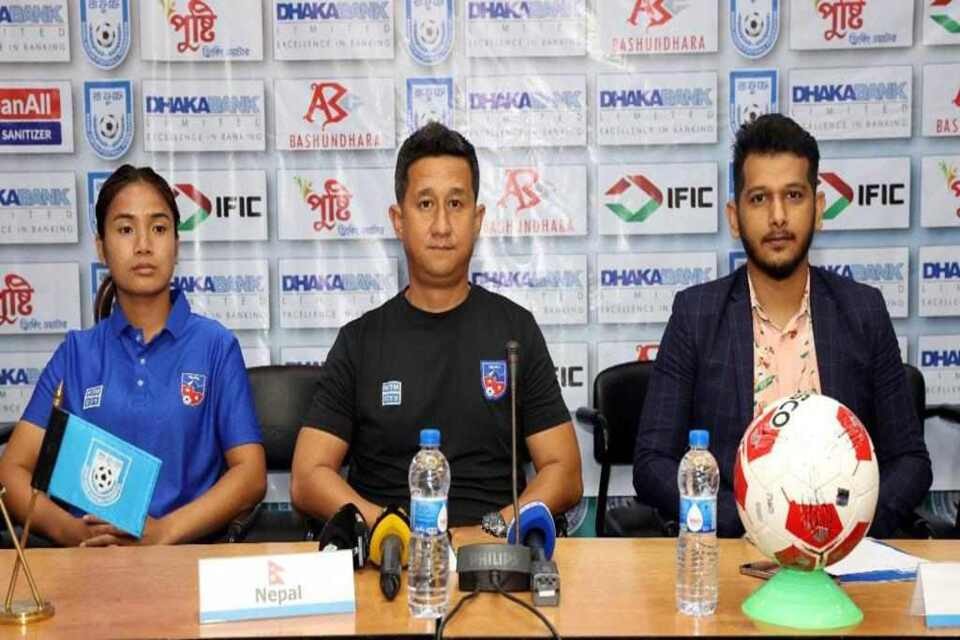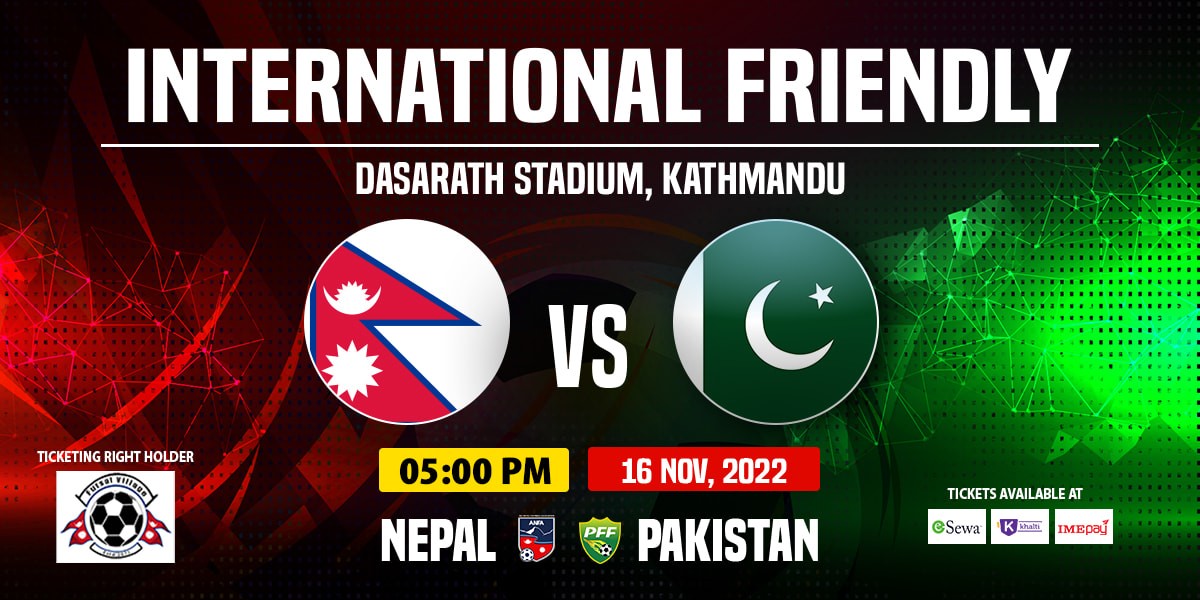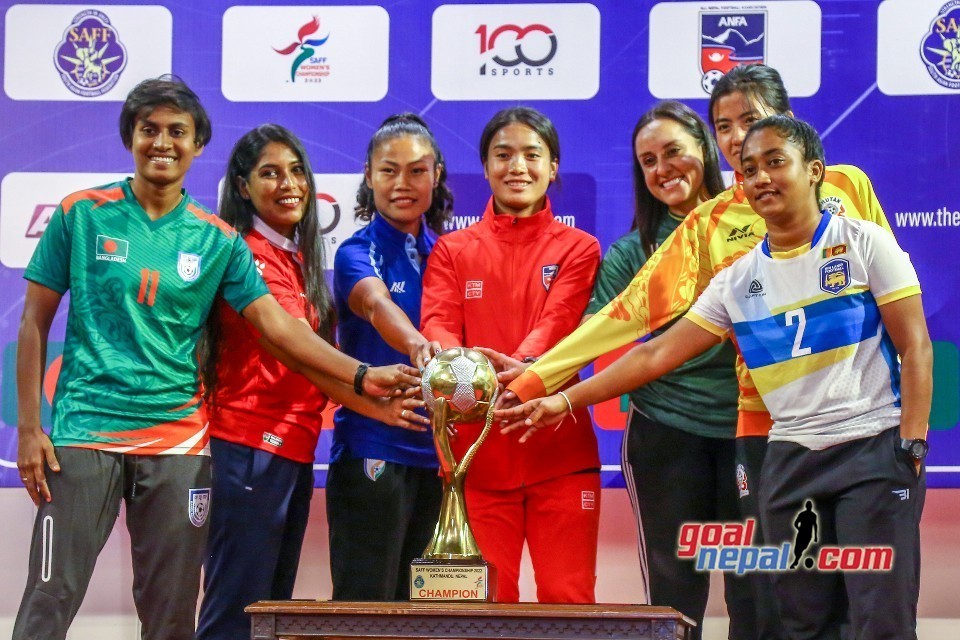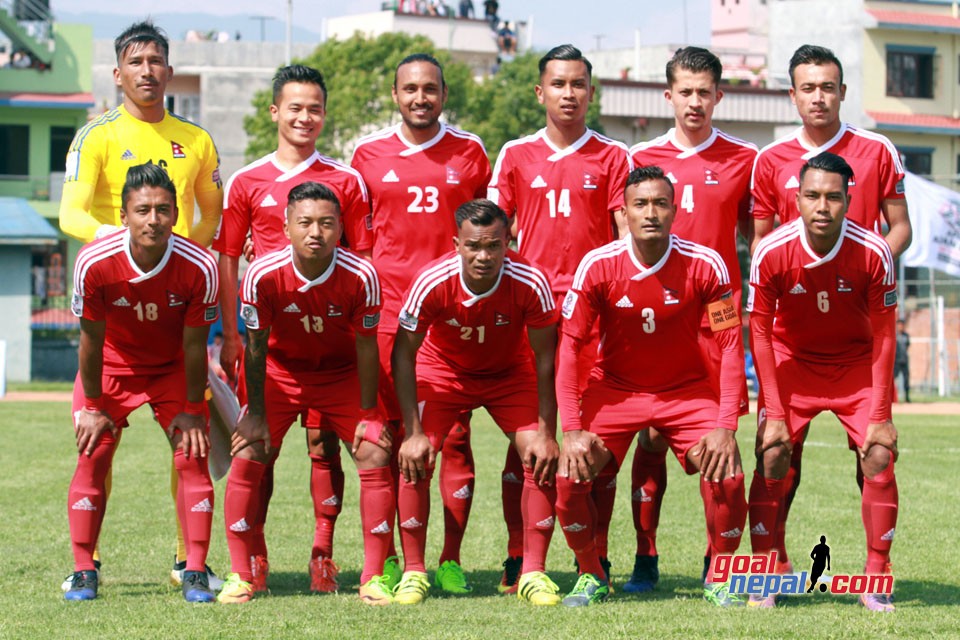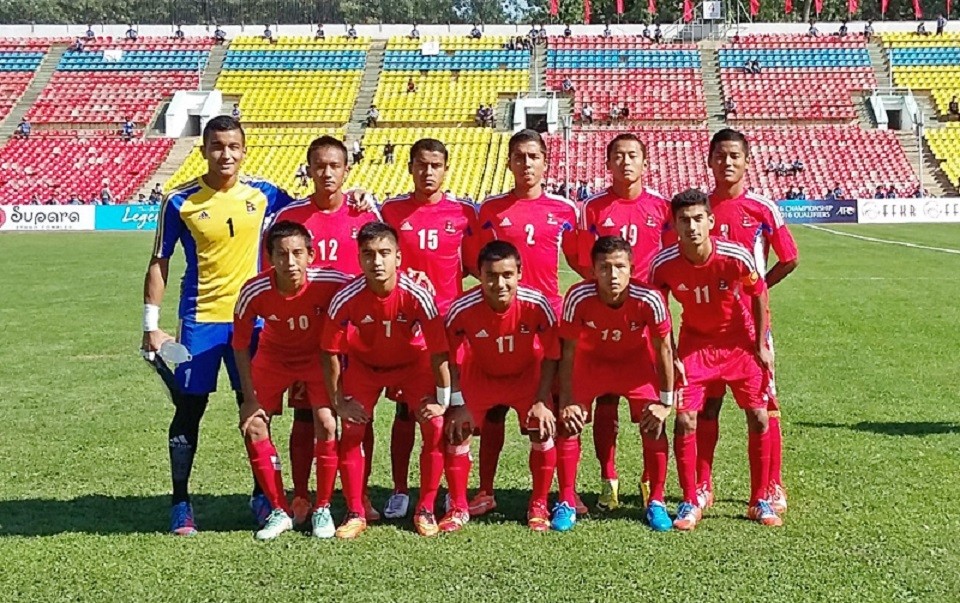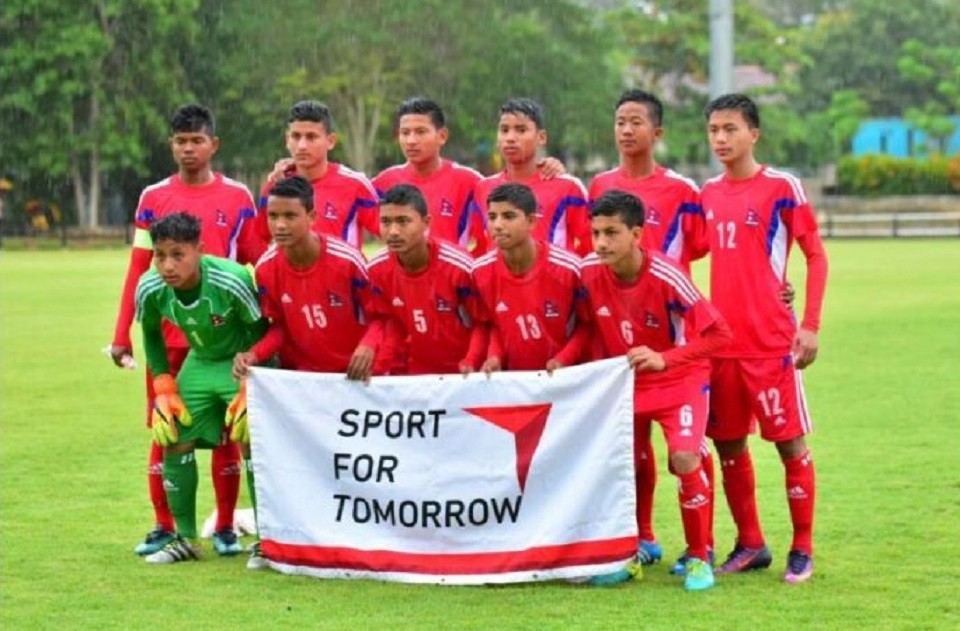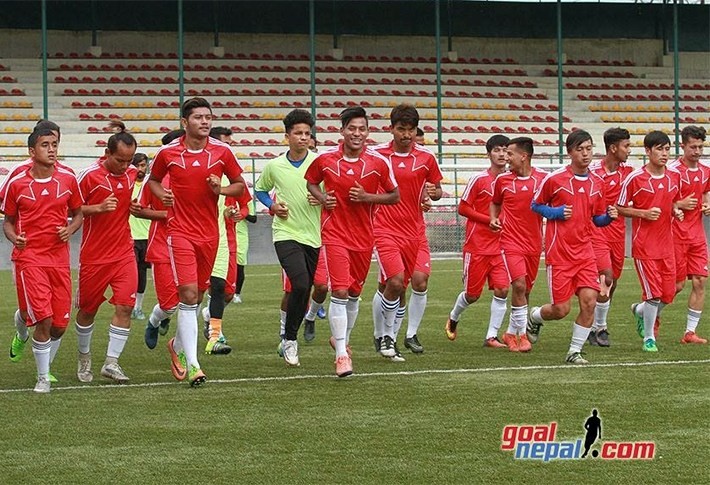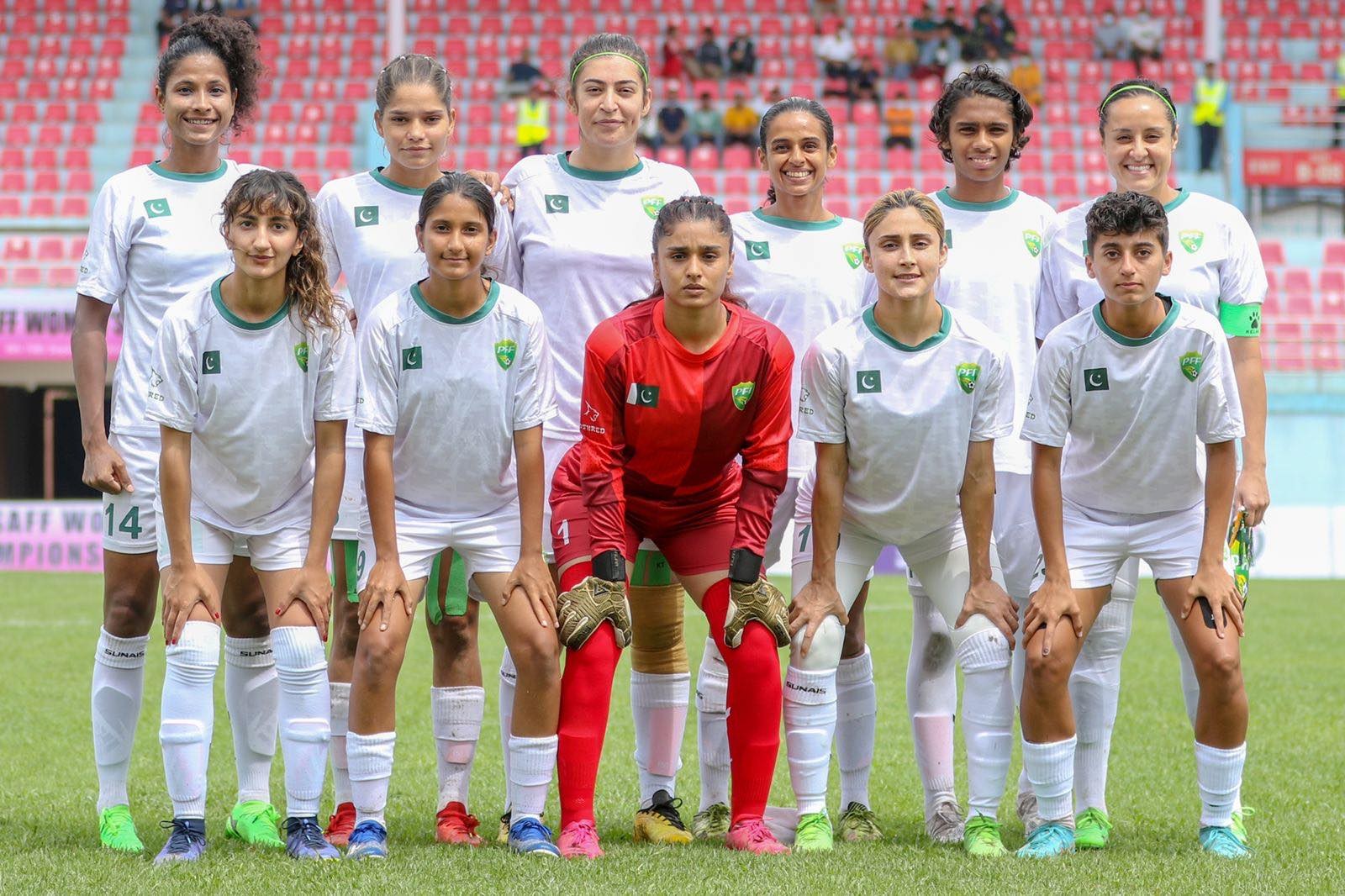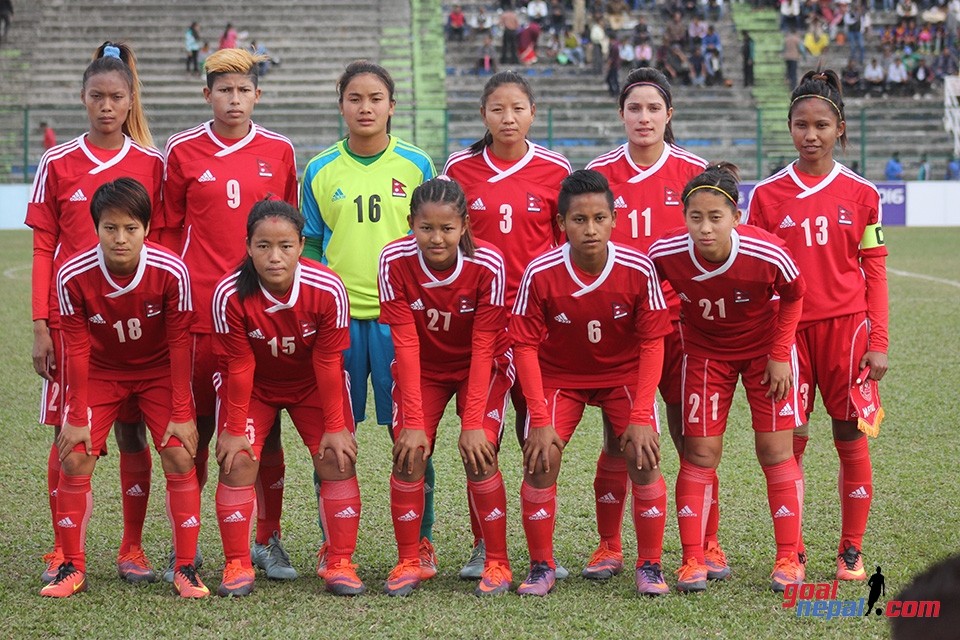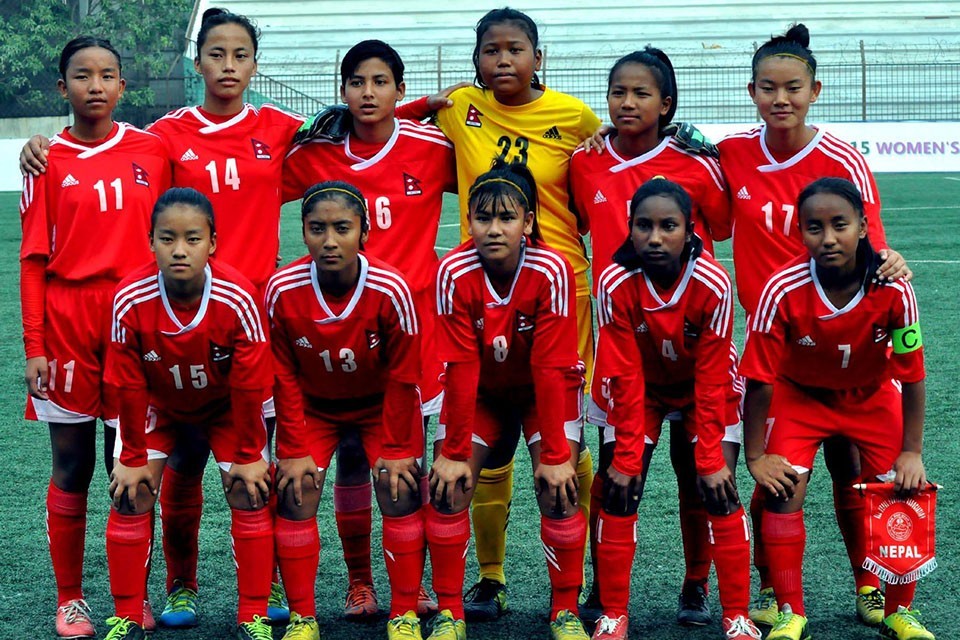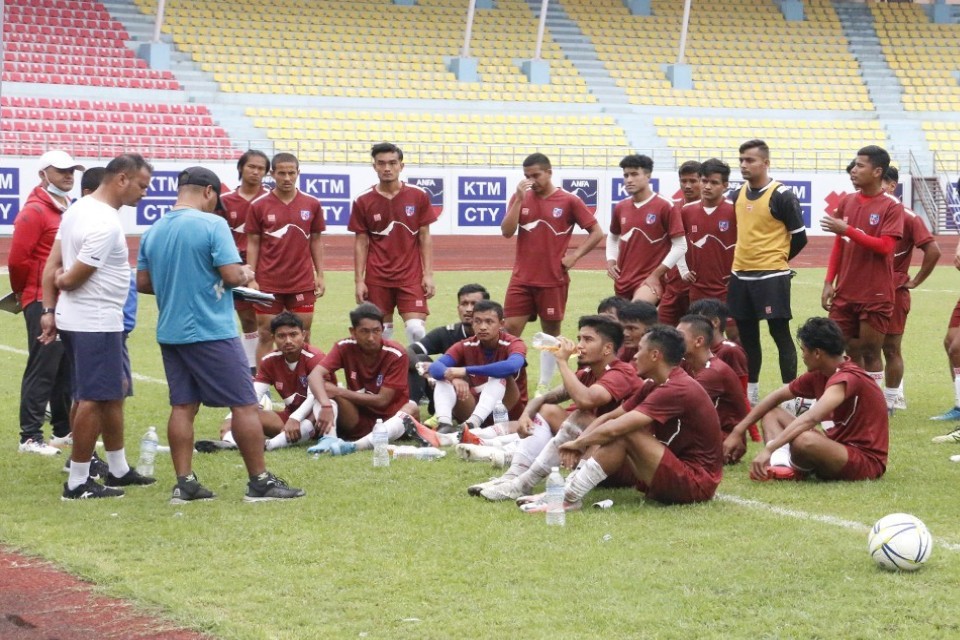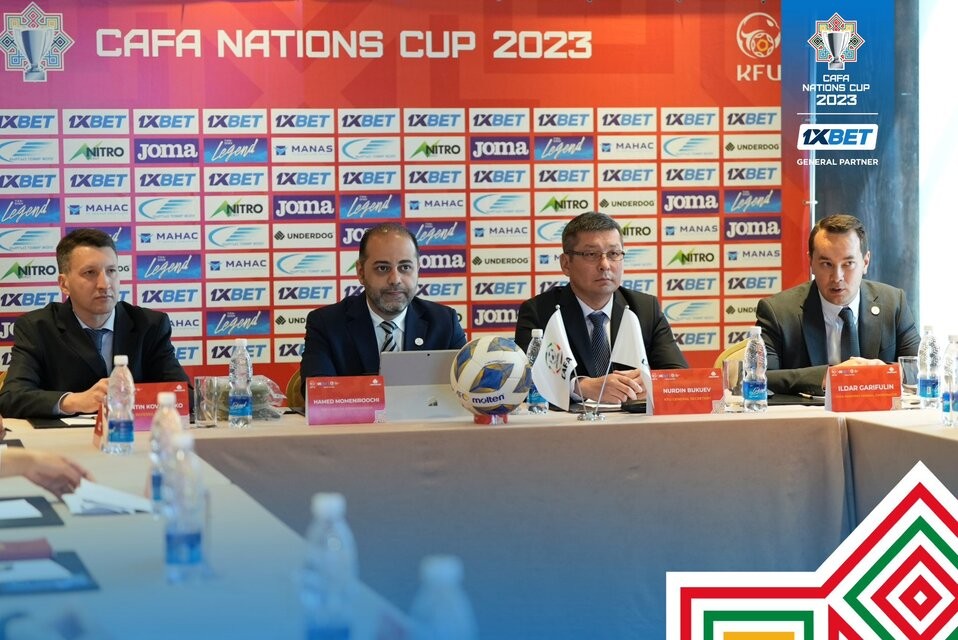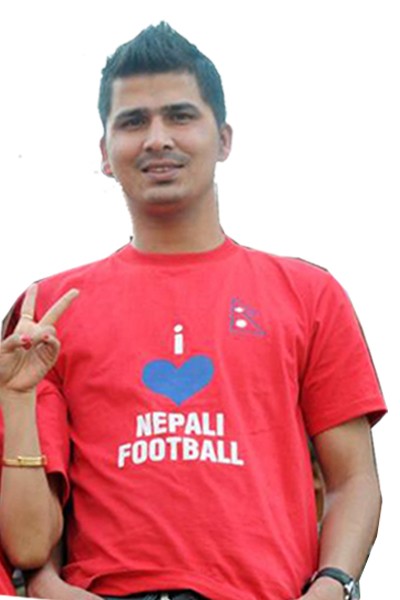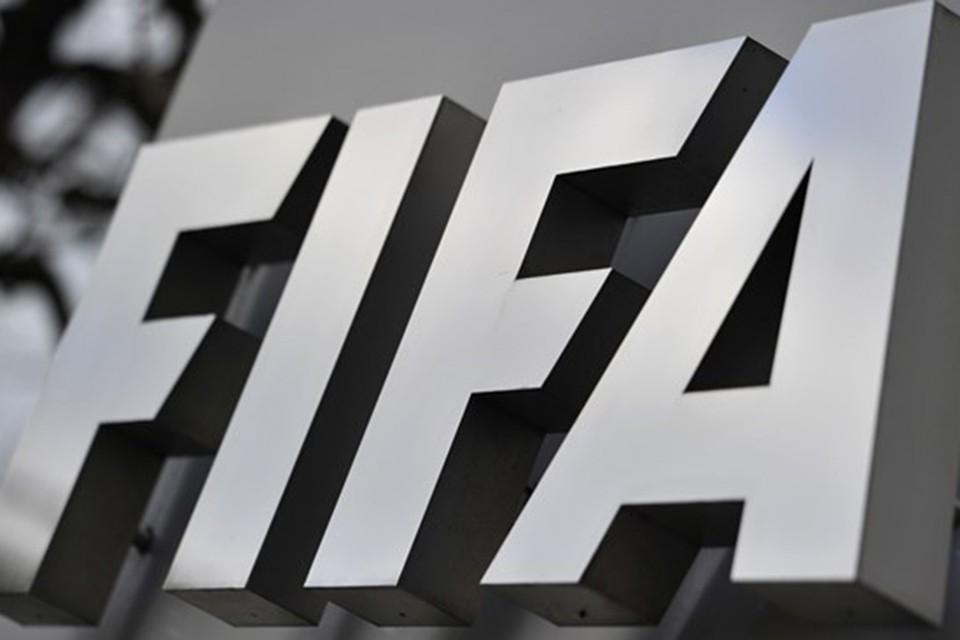
FIFA and the World Health Organization (WHO) have agreed to extend their collaboration and to continue to use the power of football to promote healthy lifestyles and equal access to health services worldwide.
During the 76th World Health Assembly in Geneva, Switzerland, WHO Director-General Dr Tedros Adhanom Ghebreyesus and FIFA President Gianni Infantino signed a four-year extension to the Memorandum of Understanding (MoU) which has been in place since 4 October 2019.
“Health and football are perfect teammates. Promoting healthy lifestyles, safe stadiums and the physical and mental benefits of physical activity are among the many health goals WHO is proud to keep scoring with FIFA for the next four years,” said Dr Tedros. “WHO’s partnership with FIFA has already succeeded to share evidence-based messages to help people of all ages lead healthier and safer lives through the power of football and sport. WHO looks forward to continuing this journey.”
“We are proud to have signed and renewed the memorandum of understanding with the World Health Organization - we are proud to continue our relationship to pass important physical and mental health messages through our global football audience,” Gianni Infantino said. “I extend my gratitude to Dr Tedros, to his wonderful team, to everyone that helps in the healthcare sector - from doctors to nurses to healthcare professionals and health ministers - and to everyone who contributes to make our lives better.” Reflecting on the past four years, he added: “Both Dr Tedros and I felt that in a world that is more and more divided, maybe if the World Health Organization and FIFA join forces, we can achieve something, we can have even just a little impact to make our lives a little bit better. Since 2019, we have worked together with our colleagues at the World Health Organization to try to use the impact of football, that helps drive health for one and all.” During the FIFA World Cup Qatar 2022™, FIFA and the WHO launched the Football Unites the World campaign.
Supported by Lionel Messi, Cristiano Ronaldo, Hassan Al-Haydos, Karim Benzema, Lucy Bronze, Giulia Gwinn, Kaká, Robert Lewandowski, Carli Lloyd, Édouard Mendy and Emmanuel Petit as well as by two of the WHO’s Goodwill Ambassadors for Sport and Health, namely Alisson Becker and Didier Drogba, it illustrated football’s unrivalled ability to bring people together. The support of the Qatar Ministry of Public Health, FIFA and the WHO collaborated on a number of initiatives to promote the importance of access to physical and mental health for all. Health and well-being were prioritized through the staging of the tournament, and included several initiatives such as:
• The implementation of mass gathering and surveillance strategies to prevent the spread of COVID-19 and other infectious diseases • Enhanced policies to protect people from the harms of tobacco, including making stadium seating areas smoke-free • Healthy food options at all 64 matches with healthy and vegetarian food reaching a 30% quota across all FIFA World Cup 2022 stadiums, thus showing that healthy, sustainable and high-quality food environments are possible at major sport events Since 2020, the two organisations have joined forces on various digital campaigns and initiatives to address a range of health-related issues.
These, include (#ReachOut), domestic violence (#SafeHome), an appreciation of the work of health professionals during the COVID-19 pandemic (#HumanitysHeroes), equitable access to vaccinations and vaccines, diagnostics, oxygen and other life-saving tools (#ACTogether) and “Pass the message to kick out coronavirus campaign”, where FIFA Legends called on people around the world to take five steps to stop the spread of the disease. Several of these initiatives have also received active support from other institutions such as the African Union, Association of Southeast Asian Nations (ASEAN) and the European Commission to help spread the message to a global audience.
For three years, the two organisations have also championed the need to #BeActive to promote regular physical activity. The WHO recommends that healthy adults do a minimum of 30 minutes physical activity per day, while children should do a minimum of 60 minutes daily. However, current WHO data has reported that 80% of adolescents are not getting enough daily exercise.

